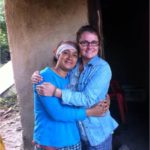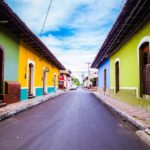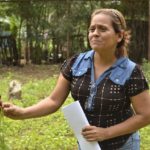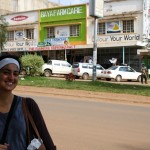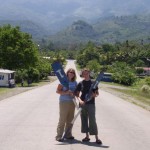On Connecting With My Host Family in Nicaragua


Now, eight months down later, I feel naked without the net that surrounds my bed and makes me not just feel protected from segue and malaria and other creepy insects, but also makes me feel oddly safe and enclosed in a world of my own.
Having grown up in a mixed North American/German household, I was very accustomed to my own independence. Not only was I expected to be independent, I also came to need my own independence and privacy. I think I came to see dependency as a sort of weakness, rather than a way of cementing ties.
Family members here also support one another in a way that I have never experienced.
Nicaraguans themselves joke that their country is really just one big family. It often seems that way as virtually anytime I go anywhere with my Nicaraguan friends–be it to a neighboring town or a city on the other side of the country–somehow my friends always have some distant aunt or cousin who lives there and will feed us and give us a place to stay for the night.
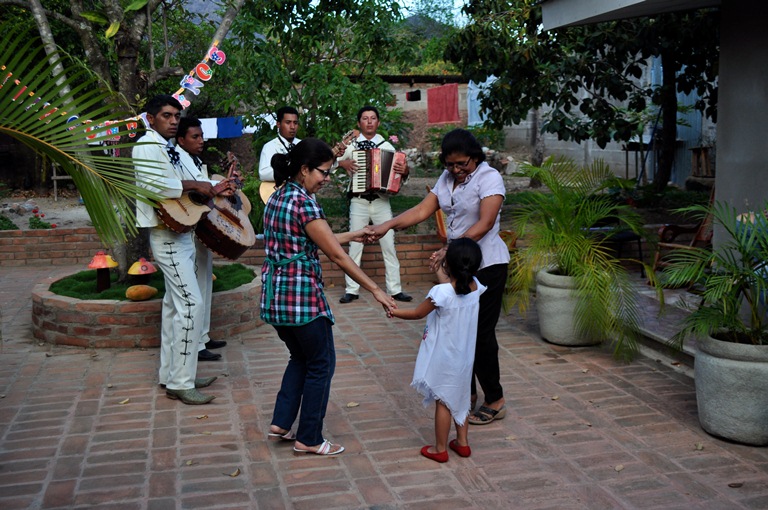
- Sarah’s host family in Nicaragua dances together.
Family members here also support one another in a way that I have never experienced. It is very common for aunts or cousins to take in younger children of relatives who live in the countryside and raise them as their own. It is common for young children to call their older female relatives “Mami” as all female relatives contribute, often equally, to the raising of the child. Many economic activities are shared. For example, cooking. And people are expected to pitch in whatever and whenever they can.
So when I moved in with my host family, it was expected, or perhaps it was inevitable, that I would become part of the family. I struggled with this at first. Every time I tried to do something on my own, somebody would offer to help me. If I wanted to go to the market my host-mother would ring her nephew or her daughter’s boyfriend to drive me there on a motorcycle.
In fact, if I wanted milk to make yogurt, my host-aunt would bring me milk from her farm for free and get offended when I offered to pay. If one of the uncles had a barbecue on the weekend, I was loaded up into the back of the pick-up truck and fed until I felt like I would explode.
In a country where many people lack the economic resources and social structures that make independence viable, family ties are both desirable and necessary.
It goes both ways though. If I am home when the family is painting the living room, there is no way that I can do my own work. I am there so I must help. When the aunt is cooking but needs cheese she will put a few Córdobas in my hand and send me to the grocery store, regardless of what I am doing at that moment. And when the five-year old granddaughter comes over to visit and everyone else is busy, it is assumed that I will play babysitter. For a few hours at times.
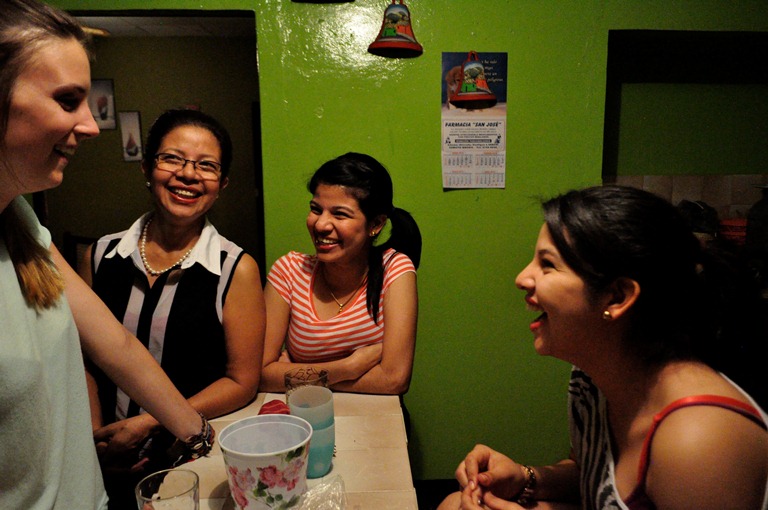
- Sarah laughs with her new family members in Nicaragua.
In a country where many people lack the economic resources and social structures that make independence viable, family ties are both desirable and necessary. Family, for many people in Nicaragua really is everything. People will give what they can, whenever they can. It is refreshing to think that inter-dependency may be due to people’s capacity and desire, rather than people’s needs and shortcomings.
Photo credits for On Connecting With My Host Family in Nicaragua by Sarah Sax.

